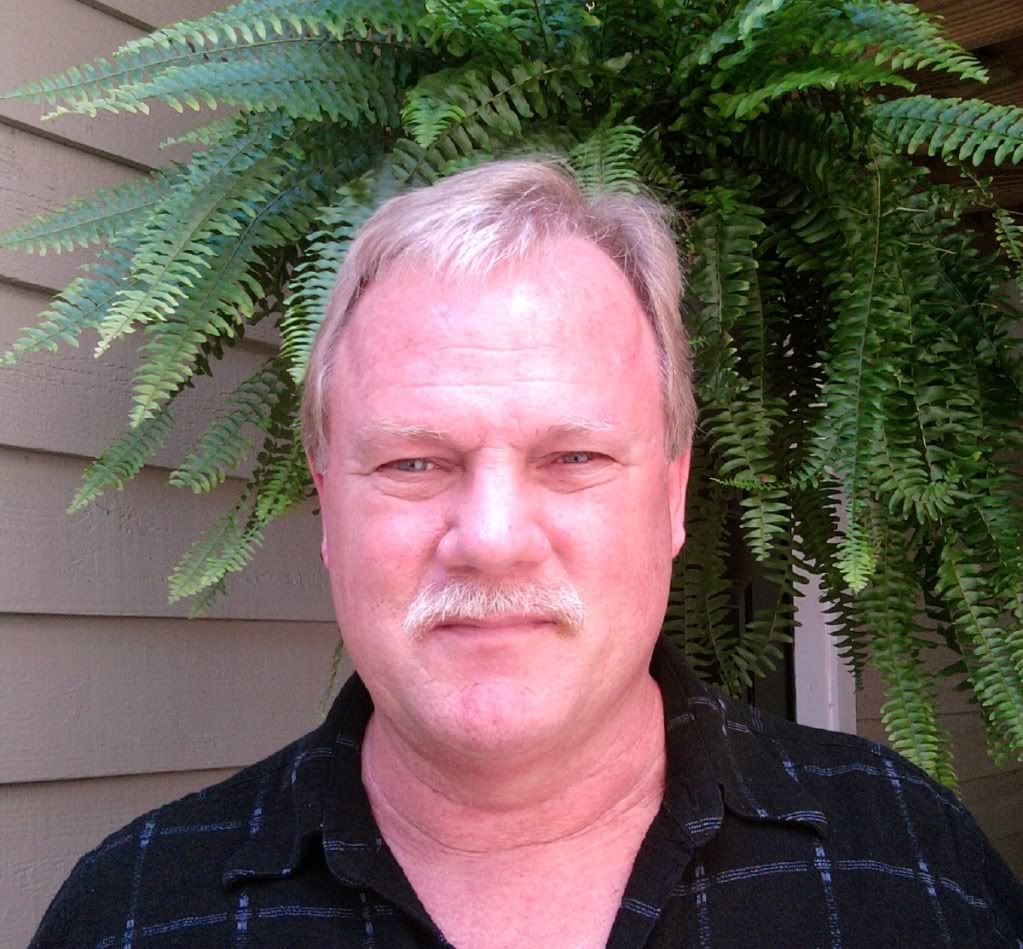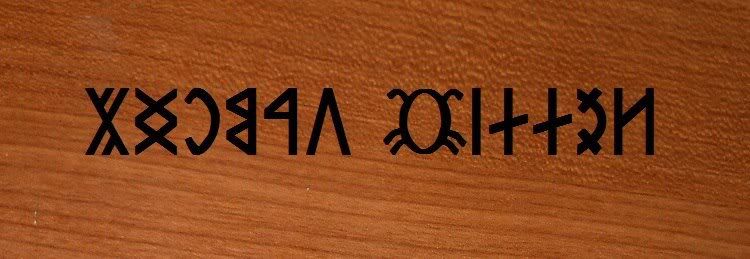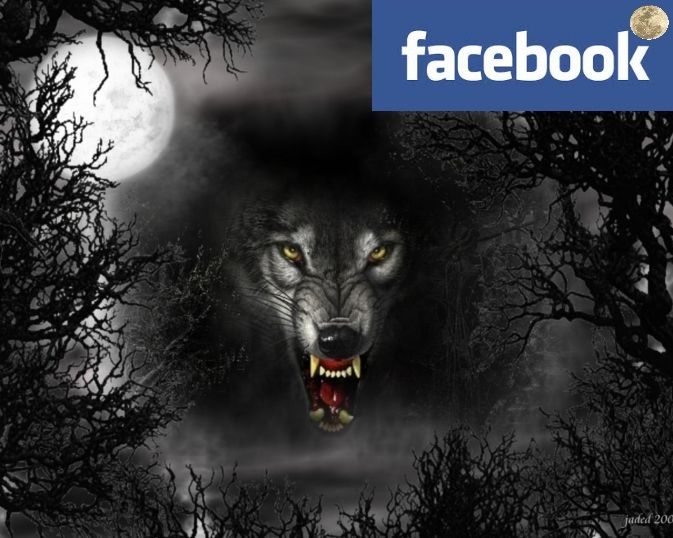Click on the cover to get it on Amazon!
Book Description:
Nick Woods used to be one of our country’s greatest snipers. A Marine who completed a bloody, top-secret mission behind enemy lines years ago, he now just wants to live in peace with his wife.
But Nick is about to get caught in a grand conspiracy between a senior investigative reporter and a shadowy, CIA group.
After said reporter, Allen Green, breaks the details of Nick’s story — blowing the top off America‘s national security — both Nick and Allen find themselves in the sights of a CIA hunter-killer group.
This CIA group breaks the law and kills at will, and they’ll stop at nothing to take down Nick Woods and the reporter who published the earth-shattering story he’d been chasing for years.
Mitchell often says, “I write books chock-full of shooting and stabbing. Description? Not so much.”
In his second offering to his growing fans, he chases down this theme with a ruthless efficiency.
Today, I’m interviewing Stan R. Mitchell, who bills himself as an Action Fiction Writer. He says of his writing style, “I write books chock-full of shooting and stabbing. Description? Not so much.”
TR: Morning, Stan, and welcome!
SM: Good morning, Thomas….
TR: Let’s get this ball rollin’. How old were you when you wrote your first piece?
SM: First, Thomas, thanks a million for taking the opportunity to interview me.
Regarding how old I was when I wrote my first piece, I think I was about eight or nine.
TR: Really? I was playing with trucks at that age. What did you write about?
SM: It was an action book about two young Native American Braves who decided to go against the wishes of their tribal elders. These two young men — about sixteen as I remember — left their tribe and began ambushing settlers moving West, instead of agreeing to a peace treaty negotiated by their tribal elders with the U.S. government.
TR: That’s pretty elaborate for an eight year old. What made you write it?
SM: Two things, I think
First, I was a small kid and bullied a fair amount, so I read all the time to help me escape. And I soon transitioned from just reading to actually writing. Partly because I wasn’t happy reading the stories that were out there — I’m a notoriously picky reader still to this day — and partly because in these stories I changed from a little boy to a young man who was tall, strong, and desirable. And brave. Always brave.
Second, I wrote that story because I have a small amount of Native American in me (Cherokee), and thus I was always fascinated with Native Americans and all the various tribes – Sioux, Iroquois, Apache, Cheyenne, etc. And today I understand why the Cherokee tried so hard to live peacefully with European settlers, but at the time I didn’t understand why they didn’t fight more – I knew that I would have fought people I saw as invaders, and so that story was my own form of resistance. And it was also some serious foreshadowing since I’d eventually leave home to join the Marines at the age of 17.
The irony of all this though is that my first completed book is about a badass cowboy, and not some bow and arrow wielding warrior. (“Little Man and the Dixon County War.”) I guess that’s life.
TR: Well…still shows an interest in the Old West, I’d say. What have you written since then?
SM: About thirty stories that were never completed, just as the first story wasn’t from when I was a kid. I usually either get stuck or bored. And it usually happens between page thirty and sixty.
TR: Sounds like you have a lot of revisiting to do. What was the inspiration for “Sold Out”?
SM: The inspiration for “Sold Out” came from the two vastly different lives that I’ve lived. One, as a knuckle-dragging Marine a touch too paranoid, and the other as a journalist covering all kinds of political shenanigans.
TR: Hah! A Marine…OOOO RAHHH! Tell us a little about it, and where it’s available.
SM: “Sold Out” is a Marine Sniper/CIA thriller, and the story began with a question, or “what if?” And so, I wondered, “What if a Marine Sniper did some Top Secret work, kept his mouth shut, but years later had it all exposed in the media by a tenacious reporter.”
A great question, in my mind. And it makes you wonder, “What would the CIA do to try to knock down the story? And what would the Marine Sniper do, who’s been exposed? And finally, what kind of trouble has this reporter gotten himself into?”
TR: Sounds fascinating. Washington is always good for intrigue. So, is there a particular place or setting where you get your writing ideas?
SM: Usually from reading the newspaper each morning. I’ll start reading an article and then stop halfway through it and find myself imagining the people involved. The angry. The desperate. The hurt. The crooked.
These great stories, right in front of me, every morning. And with just a few twists, you’ve got some great plots (or “what if’s?”) and some great insight on character motivations.
TR: That’s a great idea, actually. True life is often stranger than fiction, isn’t it? So tell me, what made you choose either traditional or independent publishing?
SM: This is too long a topic to go into here, but I suggest writers study both options and select what’s best for them. In my case, I had some advantages that made independent publishing the better option in the short term. For instance, my wife’s a graphic designer. That’s a huge edge. And honestly, I’m too much of an entrepreneur and Marine at my core. I’ve gotten spoiled and used to having full control of any project I’m involved in, and like all entrepreneurs and Marines, I’m impatient as hell. So, for me, independent publishing was the best option. But again, I think every writer should study the pros and cons of both options and decide what’s best for them.
TR: Good advice on trying both. But indie does sound like a good fit for you. Now, if you had to choose the most important element in an author’s platform, what would it be?
SM: I think the most important element in an author’s platform is a website. I think all authors need a good website or personal blog first, and then you can build on that with Facebook, Twitter, Goodreads, etc.
TR: Too right. Here’s a good one – what mistakes have you made in regards to publishing and marketing your work, and what will you do differently in the future?
SM: My mistakes as an author have been switching from book to book based on what excited me at the time. I’m not an outline writer and so I often get stuck, leaving a novel unfinished. Thus, I need to be more disciplined in my work. I need to always finish what I start.
In regards to mistakes in marketing, I think it’s important you have a strong and brutally honest person taking the journey with you — in my case, it’s my wife Danah. She keeps me straight and prevents me from looking stupid.
And so far, thanks to her help, I think I’ve managed to avoid some of the mistakes I’ve seen others make. Namely, fellow Indie authors, try your best to avoid these mistakes…
One, don’t pull a melt down because you’re an Indie author and you didn’t catch a break or got ripped by a reader/critic. It’s hard for any author to take criticism, but you’ve got to keep moving and developing that proverbial thick skin.
- Two, don’t talk politics from one side of the fence. It’s way too dangerous and I don’t know many authors who can afford to give up 50% of their sales.
- Three, don’t upload a book that isn’t the absolute best you can do. For instance, if I hadn’t been reading, writing, and studying how to craft a great story for more than twenty years, I doubt I would have had the success that I’ve had. (Both my books have made it into the Amazon Top 100 Paid List, competing against some big names — I’ve got to give huge props to Danah and my beta readers for helping me pull that off.) And don’t get me started on crappy covers. Get a good cover or no one will even read your book description, much less buy your book.
TR: Brilliant advice, all of it! I hope readers take note of those. This question, I think, is rhetorical, but do you have an idea for your next book?
SM: Hah! Yeah, about twenty different ones, which is always my main problem. (I laugh when I hear writers complain about not having ideas; I should be selling them! Likewise, they should be reading a newspaper each morning with a writer’s mindset.)
But, seriously, I plan to write a sequel to both my Western novel (“Little Man”) and my Marine Sniper/CIA Thriller (“Sold Out”). Yep, have started both sequels — see earlier point about lack of discipline to a single work; but, hey, there’s always tomorrow.
Anyway, since both books are proving successful on the market, and since I really dig the main characters in them, I’ll probably end up writing at least a three-book series for each.
And since I see some people nodding in the back, let’s wrap it up there.
I appreciate everyone who made it down this far into the interview and would love to hear from any of you. I love meeting new people and I love helping writers. (Just be prepared for lots of questions — it’s the journalist in me.) You can find my website here: http://stanrmitchell.com. And I’m on Twitter here and Facebook here. So, drop me a line. I’d love to hear from everyone.
‘Nuf said.







Yep. That’s Stan. Full speed ahead. 🙂
Nice job you guys.
Almost like you know me, Tim. : )
Pingback: Interview about me and “Sold Out” | Stan R. Mitchell — Action fiction writer
Great interview! Thanks for posting, Thomas.
Thanks April…I appreciate you stopping by…don’t believe I recognize the name….
Thanks, April. You’re a gem.
Pingback: Good morning, all! Today, my “Chatting with the Authors” segment is with Stan R. Mitchell and “Sold Out”…come join us! | David A. Vudragovich
Stan, you on-the-spot converse as elegantly as you write. And without an outline, too?
Good stuff. Thanks for giving us a bit more insight into what drives Stan. Or rather, what
motivates him. Semper Fi.
Thanks e, and appreciate you stopping by…Oooooh RAH!